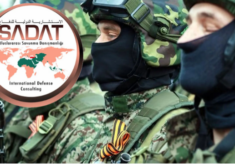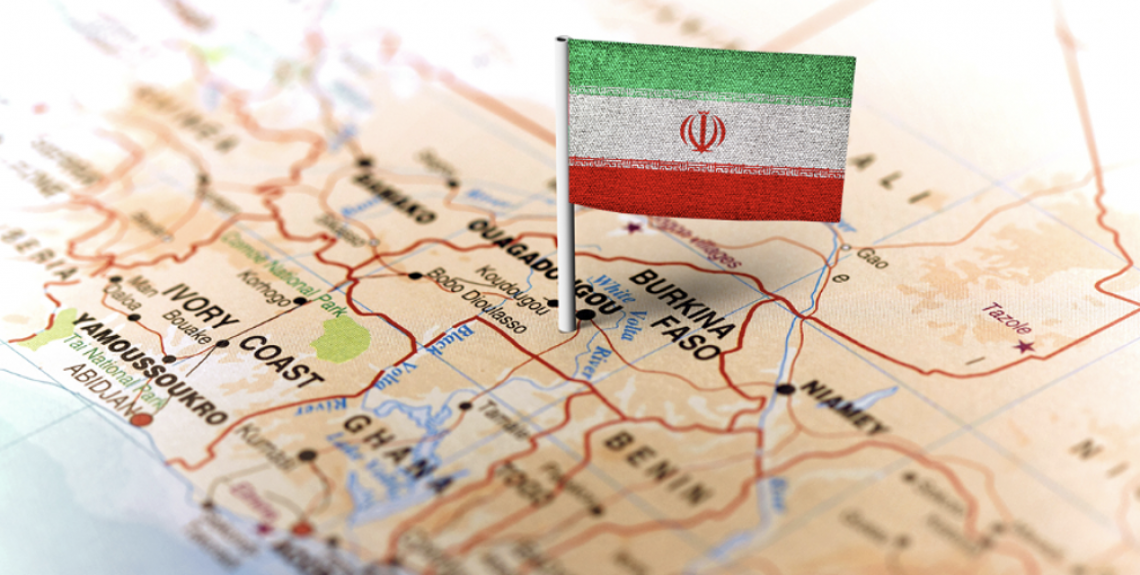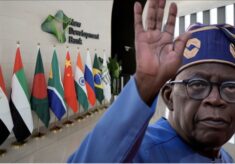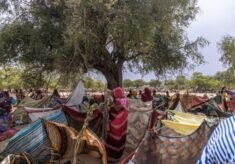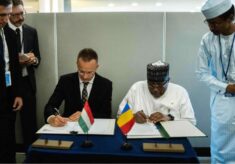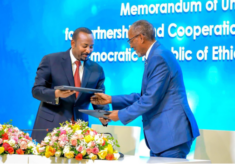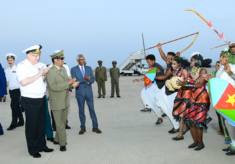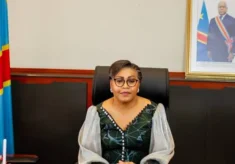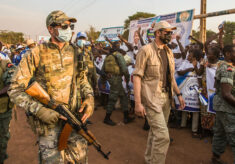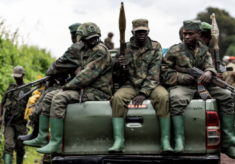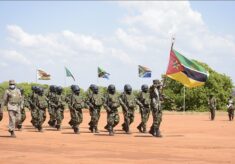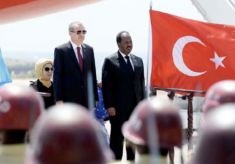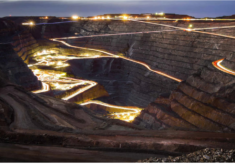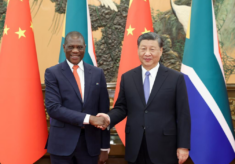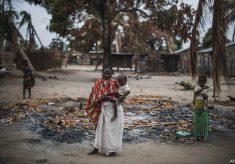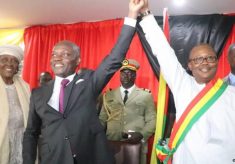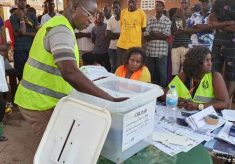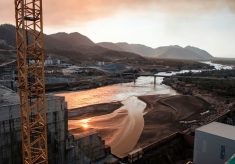In recent years, Iran has increasingly shifted its focus towards the African continent, a strategic response to the economic sanctions imposed by the United States. The growing diplomatic ties between Iran and several African nations underscore a shared resistance to Western dominance, a theme that took centre stage during the 2nd Iran-Africa International Summit held in Tehran last April.
Since the summit, Iran has strengthened relations with countries such as Zimbabwe, the Central African Republic and Burkina Faso. However it is the recent signing of a Memorandum of Understanding (MoU) with the latter country that raised some concerns within the international community. This MoU, formalised during the 68th regular session of the International Atomic Energy Agency (IAEA) in Vienna in September 2024, outlines a bilateral cooperation in peaceful nuclear activities, as well as collaboration in health, education and economic development.
This agreement with Iran follows the MoU with Russia’s state nuclear company, Rosatom, to build a nuclear power plant. Burkina Faso’s president, Ibrahim Traore, is indeed taking strategic steps in the nuclear field stressing the importance of establishing a nuclear power facility to address the energy demands of both Burkina Faso and its neighbours.
Iranian President Pezeshkian sought to clarify that Iran does not intend to develop nuclear weapons, aiming at alleviating international concerns regarding its uranium enrichment programme. Since the US withdrawal from the Joint Comprehensive Plan of Action (JCPOA) under President Donald Trump, efforts to revive the agreement have stalled, prompting increasing scrutiny of Iran’s nuclear activities. Indeed, after the US withdrawal from the agreement in 2018, Iran resumed its uranium enriching activities.
While the MoU opens the door to technological advancement in Burkina Faso, it does not directly grant the nation access to nuclear weapons technology, especially given the stringent international regulations in place and the strict monitoring by the IAEA, of which Burkina Faso is a member and a signatory to the Treaty on the Non-Proliferation of Nuclear Weapons (NPT).
However, the significant political instability Burkina Faso is currently experiencing, marked by recent military coups and ongoing jihadist insurgencies, combined with the lack of a robust regulatory framework and of the technical capacity to safely oversee nuclear activities, raises concerns about potential safety issues. These include the risks of accidents, environmental contamination, and ineffective oversight; challenges similar to those faced by other developing nations. Adding to these concerns, is Burkina Faso’s water scarcity. The cooling of nuclear reactors typically requires large amounts of water, making the availability of adequate water resources a critical issue. Indeed, the country is suffering from a significant water crisis, affecting 1,9 million people.
In this context, the management of nuclear materials and technologies becomes crucial, even though the stated intent of the MoU is for economic development, not military, purposes. Incidentally, news in June about a deal between Iran and the adjoining Niger over a substantive supply of uranium yellow cake, may seem be confirmed recently, adding further suspicions about Tehran’s intentions.
Iran’s involvement in nuclear cooperation with Burkina Faso, given its own controversial nuclear programme, raises important questions about the underlying motivations. While the transfer of nuclear knowledge from a nation under sanctions for its nuclear ambitions could inadvertently heighten international tensions and provoke concerns about proliferation risks, this move is more likely a geopolitical signal to the West.
